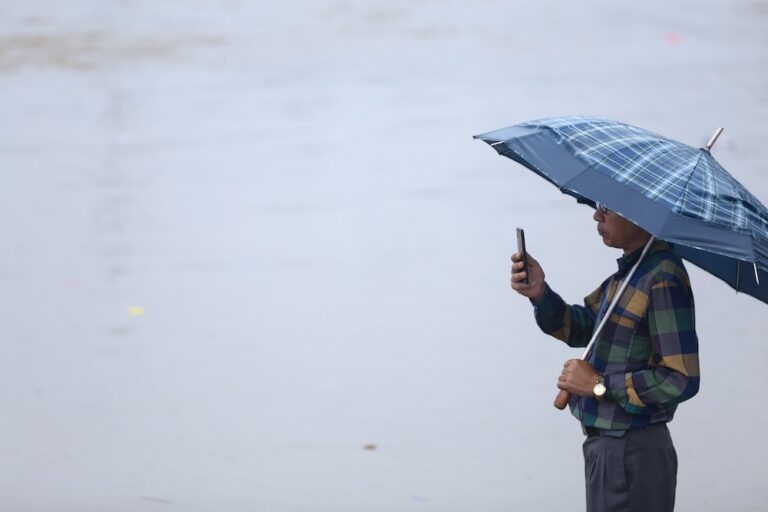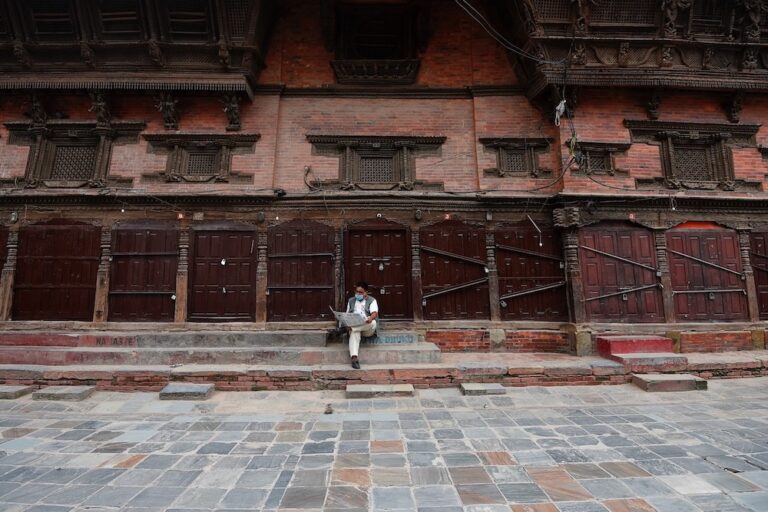(CPJ/IFEX) – In a 6 August 2002 letter to Prime Minister Sher Bahadur Deuba, CPJ condemned the recent detention of Kishor Shrestha, editor of the Nepali-language weekly newspaper “Jana Aastha”. Although police claimed the detention was because of a 31 July article, CPJ believes that Shrestha’s arrest may have been intended to silence his newspaper’s […]
(CPJ/IFEX) – In a 6 August 2002 letter to Prime Minister Sher Bahadur Deuba, CPJ condemned the recent detention of Kishor Shrestha, editor of the Nepali-language weekly newspaper “Jana Aastha”. Although police claimed the detention was because of a 31 July article, CPJ believes that Shrestha’s arrest may have been intended to silence his newspaper’s reporting on the controversial case of Krishna Sen, a pro-Maoist editor who, according to “Jana Aastha”, was allegedly killed in police custody (see IFEX alerts of 12 and 2 July, 26 June and 22 May 2002).
At around 5 p.m. (local time) on 4 August, eight plainclothes police officers arrived at the “Jana Aastha” office in Kathmandu, according to Shrestha. He said the officers did not produce an arrest warrant and then forcibly dragged him from his office when he refused to accompany them.
Superintendent of Police Ram Chandra Khanal told the national daily “The Kathmandu Post” later that evening that Shrestha had been arrested “for the news that appeared in ‘Jana Aastha”s last edition,” and threatened to charge him with either defamation or for violating the Public Offences Act. The article in question alleged that Khanal was involved in illegal activities unrelated to the Sen case.
The next day, 5 August, Shrestha was released without charge following protests led by the Federation of Nepalese Journalists. As a condition of his release, he was required to sign a statement apologizing for using “an objectionable adjective inadvertently” to describe Khanal, according to the national English-language daily “The Kathmandu Post”.
However, Shrestha told CPJ that the threat of the defamation charge was only the pretext for his arrest. He said that during his detention, an interrogating officer warned him to stop reporting on the Sen case since “Jana Aastha”‘s allegations of police misconduct had “created many problems” for the police department.
In a 26 June article, “Jana Aastha” reported that Sen, former editor of the pro-Maoist newspapers “Janadesh” and “Janadisha”, was tortured and killed in police custody. Authorities had arrested Sen on 20 May and accused him of being among the senior leaders of the Maoist movement and of commanding rebel operations in Kathmandu.
“Jana Aastha”‘s account of his alleged killing, which was based on confidential sources and has not been independently confirmed, caused a scandal in Nepal that was worsened by the government’s refusal to comment on the issue. Although a special commission of inquiry appointed to investigate Sen’s disappearance submitted a report to the home minister last week, its findings have not been made public.
In a 28 June letter to the prime minister about Sen’s case, CPJ reported that Shrestha has feared arrest since his newspaper broke the story.
According to the Federation of Nepalese Journalists, more than 130 journalists have been arrested since the government imposed a state of emergency in November 2001 in response to intensified fighting by Maoist rebels. Under the state of emergency, press freedom and most other civil liberties ordinarily guaranteed by Nepal’s constitution have been suspended.
Recommended Action
Send appeals to the prime minister:
– expressing alarm over the continuing deterioration of press freedom conditions
– urging him to ensure that journalists in Nepal can freely carry out their professional duties without fear of imprisonment
– calling on his government to provide details about the specific charges against the journalists still detained
– requesting immediate information about Sen’s status
Appeals To
Prime Minister Sher Bahadur Deuba
Prime Minister’s Office
Singh Durbar
Kathmandu
Kingdom of Nepal
Fax: +997 1 227286
Please copy appeals to the source if possible.


